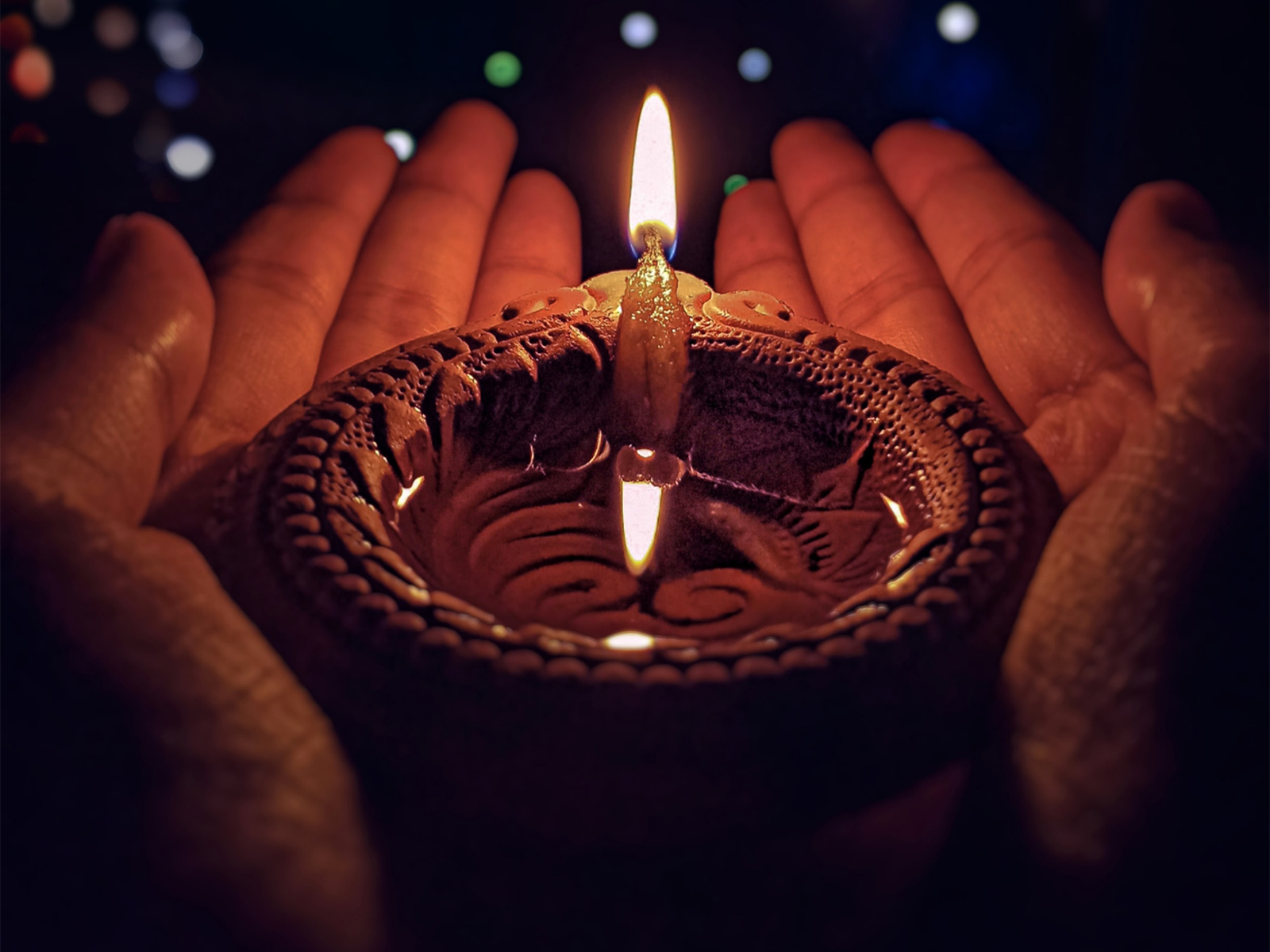
(RNS) — When I was young, my grandmothers and my great-grandmother would tell me stories from the Hindu epics, sharing ancient wisdom with a kid who was raised on 1980s rap and rock ’n’ roll.
While most of the stories were drawn from the Ramayana and Mahabharata, two of Hinduism’s ancient epics, one lesser-known story my great-grandmother told me resonated strongly and most effectively conveyed ideas of karma (the consequences of one’s actions) and dharma (righteous living).
It was set in an ancient Tamil village, where a merchant would hold grand religious functions in honor of Lord Vishnu, the Hindu deity who, for many Vaishnavites (followers of Vishnu), embodied the Supreme Being. The merchant would invite priests to perform the rites and feed them, and then give gifts to the entire village.
The merchant, not hesitant to self-congratulate, would say: “Look at me. I am the greatest devotee of the Lord.”
In the same village, a female sex worker would deal with daily abuses and yet would continue to keep her mind singularly focused on Lord Vishnu. She asked nothing of Vishnu except for the strength to endure.
When both died, the sex worker’s soul achieved moksha, or liberation, while the merchant’s soul was reborn, destined to continue its journey until the soul was cleansed enough for liberation. Why did this happen?
As my great-grandmother would note, devotion to the divine should never be a public act or one in which someone seeks recognition. Public self-promotion of one’s religiosity was the opposite of dharma. Moreover, anyone, no matter the status of their birth or their occupation, could achieve liberation with unconditional love for the divine.
Photo by Umesh Soni/Unsplash/Creative Commons
I think a lot about why that story mattered to my great-grandmother, who was married at the age of 8 and had a tough life. Both my paternal and maternal grandmothers would share different versions of the same story, both insistent that the sex worker’s devotion was the lesson one should take away.
The story captures why Hinduism is often so elusive to define for so many academics, thought leaders, activists and especially the religion’s critics. Dogma and doctrine are not intrinsic to Hindu philosophy or practice, and that practice has never been reliant upon large congregations or centralized religious bodies.
Instead, most Hindus have relied upon bhakti, or unconditional love and devotion to the divine, as a means of coping with life’s struggles. Importantly, the sex worker never asked for an outcome, something I think many Hindus — including me — lose sight of when we pray specifically for results (like wishing for my beloved Philadelphia 76ers to win another championship in my lifetime).
These stories also underscore why personal devotion is frequently pursued in Hinduism without any religious intermediaries. While key Hindu texts encourage followers to take on gurus, or teachers, most Hindus around the world practice largely without them (even if certain sect or gurus’ teachings are part of their household values).
As I’ve gotten older, I’ve seen the importance of bhakti and dharma in practice, and the people who have inspired me to live up to my ideals are those whose faith and commitment to righteous action are unwavering even in the face of adversity. I am grateful to my nearly 90-year-old grandmother, my in-laws and my wife for constantly reminding me to live the best version of my life, simply by their own commitment to dharma.

Murali Balaji. Photo via University of Pennsylvania
My great-grandmother may not have realized it, but that tale of the sex worker and the merchant carried with it lessons that proved far more salient to my life than many of the ones from the epoch of Hindu scriptural epics.
(Murali Balaji is a journalist and a lecturer at the Annenberg School for Communication at the University of Pennsylvania. He is the editor of “Digital Hinduism” and author of “The Professor and the Pupil,” a political biography of W.E.B. Du Bois and Paul Robeson. The views expressed in this commentary do not necessarily reflect those of Religion News Service.)
